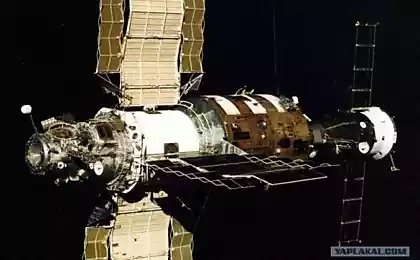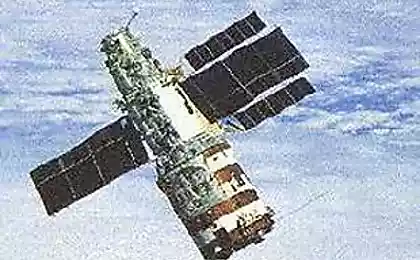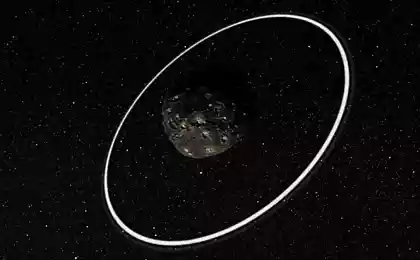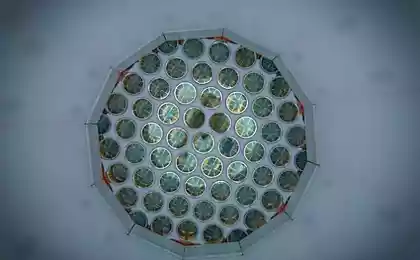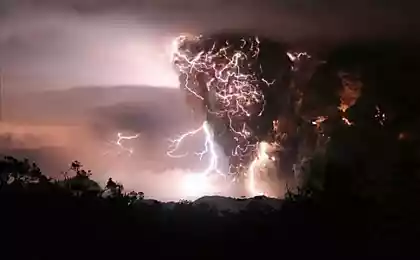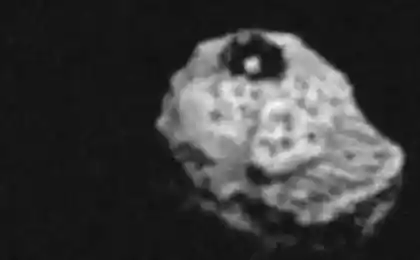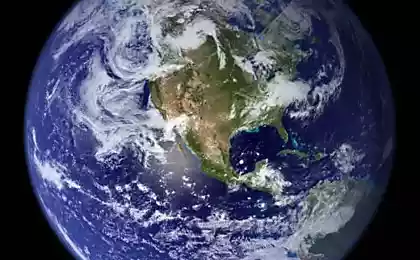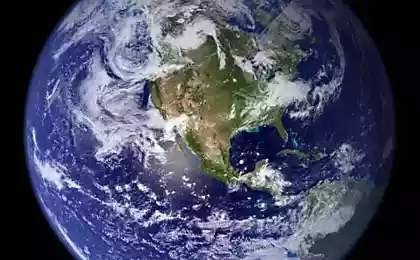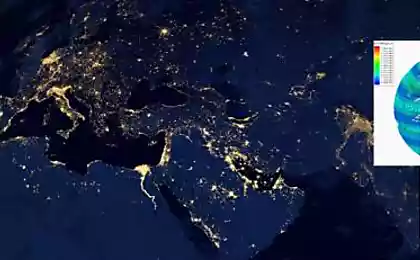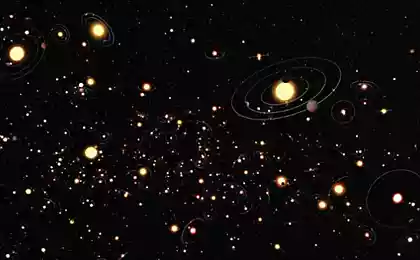507
Dark matter causes disasters on Earth
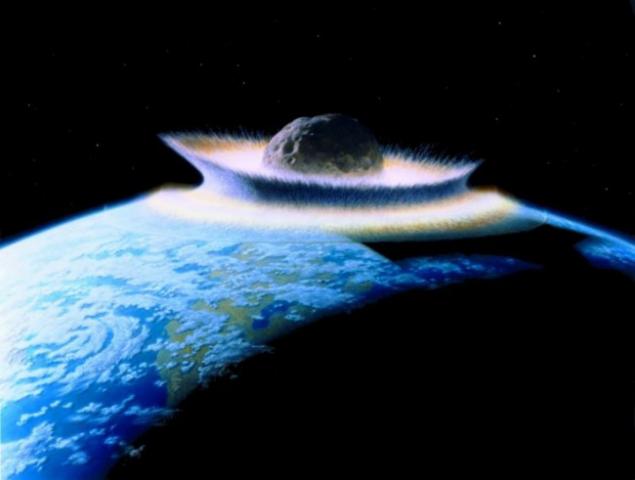
Mass extinction and huge geological changes on Earth are the result of exposure to dark matter. To such conclusion the scientist from the USA. According to him, the passage of our planet in the galactic disk and through it causes various disasters. The study was published in "Notes of the Royal astronomical society".
Professor of biology Michael Rampino of new York University explains regular geological shifts and mass extinctions, e.g. the destruction of dinosaurs as a result of collision with an asteroid is passing the Earth through the clumps of dark matter.
Previous studies have shown that the Earth rotates around the galactic center, making one revolution every 250 million years. Planet moves in a wavy path crossing the galactic disk every 30 million years.
The galactic disc is the plane of the milky Way. In addition to the many stars, clouds of gas and dust, it contains a high concentration of dark matter – the elusive subatomic particles that compose about 27 percent of the Universe.
After analyzing the motion of the Earth through the Galaxy, Rampino found that meeting with the dark matter coincide with comet impacts and mass extinction of species. The researcher believes that the dark matter in these parts of a galaxy changes the orbits of comets, which are usually located far away from Earth. The comet starts to get close to our planet.
In addition, according to the scientist, dark matter can accumulate in the core of the Earth. Annihilation of dark matter particles leads to the release of considerable heat, which can cause a volcanic eruption, reversal of the magnetic field or the change in sea level. This may be the explanation of geological events that occur on our planet every 30 million years.
The results show that cycles of geological and biological evolution on the Earth partially obey the rhythms of the Galaxy. The scientist believes that his work will change our understanding of the development of Land.
published
Source: hi-news.ru
Interesting facts about the smartest animals in the world
Moving solar panels 30% more efficient than stationary




